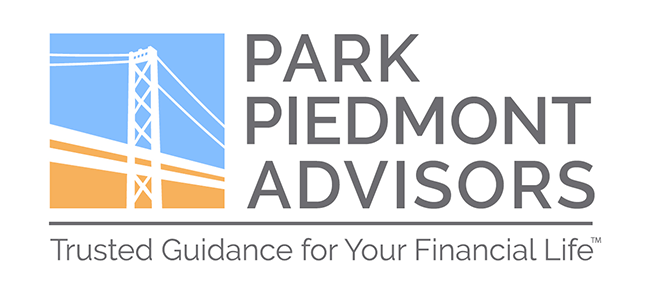To help relieve chronic hip pain, I had an epidural yesterday.
If you aren’t familiar, an epidural is an injection of medication – often and in my case, a steroid – into the area around your spinal nerves to relieve pain in some part of your body.
I’d had one before – it wasn’t a life highlight. I recalled some pain during the procedure, and a short span of pain relief after. But a second epidural had been recommended by a doctor, and I figured it made sense to try again, as a complement to other physical fitness stuff like daily stretching and pick-up basketball I do regularly.

I arrived at the pain clinic, answered some routine questions, and switched into a gown and padded socks. A doctor came in, and I asked for a few ibuprofen, if they had any, since I hadn’t taken any at home. The doctor, young, probably not too far out of med school, told me they don’t hand out medicine. They weren’t a pharmacy. It was funny, sort of – I already felt apologetic for asking a “dumb” question, for not knowing an unwritten, unspoken rule of the clinic.
The doctor walked me into the operating room. Bright white light. A half-dozen people quietly playing their roles. I was shown a bed, told to lie front-down, face in a pillow, mask on. And from there, the two doctors – one a senior physician, the other the trainee – performed the procedure.
My experience was … well, let’s just say, I won’t be signing up for my third epidural anytime soon!
But I’m sharing a bit about the process surrounding the procedure because I noticed some important parallels between being a health care patient and being a financial advising client.
As a patient, and frequently I think as a client too, you are inherently vulnerable. You need help. You’re putting yourself in someone else’s hands. You don’t know what you don’t know, and you might be wary of asking “dumb” questions, or too many questions, or not the right questions. You’re reliant on the practitioner’s skill, their attention to detail, their prudent decision-making. And even with a routine procedure, the outcome is uncertain. In a health care setting, with sick people and doctors and nurses in scrubs and masks all around you, one’s mortality comes to mind. This can all feel scary!
My own sense of vulnerability yesterday was exacerbated by the doctors’ dialogue. They muttered quietly behind me. It was mostly technical. There was very little context-setting.
I was hoping for a roadmap, some ongoing guidance – “in a few seconds you’re gonna feel a pinch, then something on your right side” or “we’re about halfway done” – and bracing myself, a sense of when the pain of the injection might be at its worst.
Instead, I felt isolated in my thoughts and agitation.
Undoubtedly, for many clients in the world of wealth management, I could imagine the process feeling similarly challenging and intimidating. Ours is an industry populated by practitioners who so often use technical jargon where everyday language would suffice. There’s often a huge knowledge imbalance between advisors and clients. Not to mention more structural imbalances of gender, race, class, ethnicity, and language gaps. All of these can feel dis-empowering and nerve-wracking for patients and clients alike, and make someone want to run for the door.
My experience in a hospital gown and face mask and padded socks hit me with a jolt of empathy.
As experienced practitioners in the course of our routine day-to-day, physicians and advisors alike are always at risk of losing this crucial sense of connection with the client (or patient).
It’s our job to always be present with and for our clients, wherever they are in their life’s journey. For some, the language of investments and financial decision-making is like a native tongue. But for others, many others, it can be a sweaty-palms roller coaster ride, where the ride operator is speaking Latin!
At Park Piedmont, we’ll always work hard to stay focused on the human experience of being an investment/financial advisory client – wherever that lands for you, our clients. And if you ever feel like we’re not quite getting it, we welcome your feedback. It will help us, and we hope in the process, help you, as well.
—
Read “Being a Patient” in the Piedmont Exedra.
